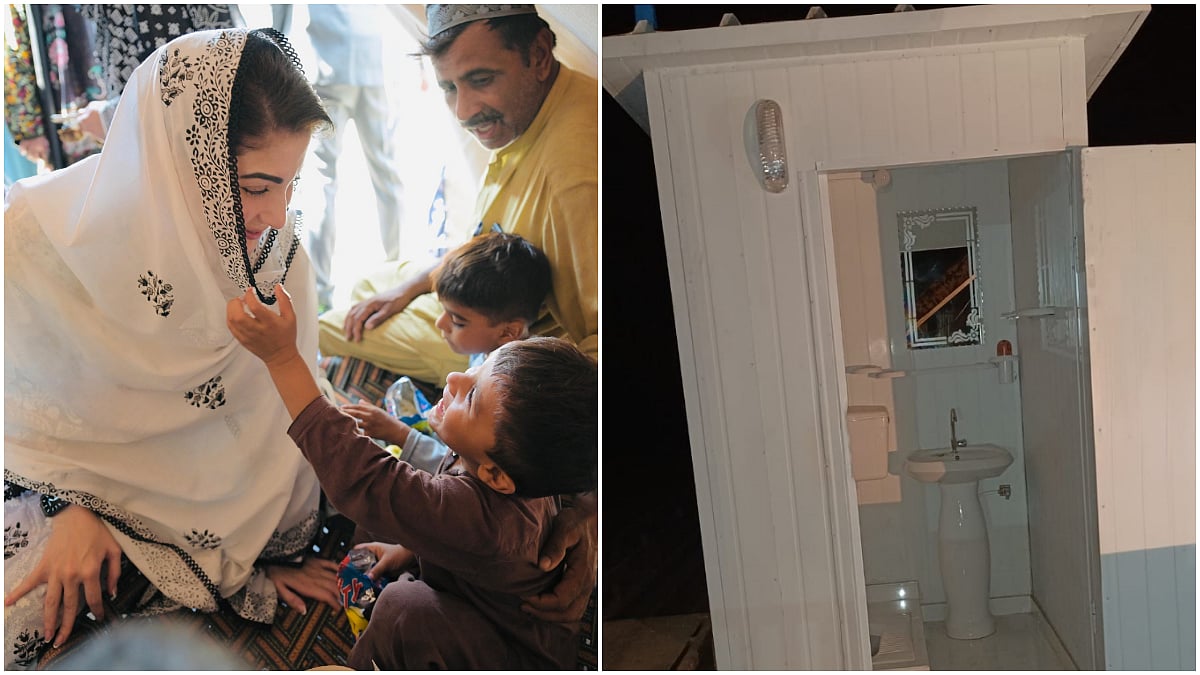Prabodha Acharya, Chief Sustainability Officer of the JSW Group, speaks to The Sustainability Network, FPJ, about reducing carbon emissions in the steel sector. In a candid chat, he sheds light on how industry must respond to the climate crisis and what achievements give him hope.
Excerpts from the interview:
How do you see your role as trying to build a better world while working in an industry that is a big polluter?
If you look at as human society, we are responsible for where we are today. As you rightly said, we are in a business that possibly contributes to emissions more than other sectors, and steel, cement, transportation, chemicals — these are also known as hard-to-abate sectors. But from a business perspective, to build climate or sustainability strategy, I am looking at this as an opportunity.
Let me give you an example. Steel contributes almost 8% of global emissions, and in India we contribute almost 12% of India’s emissions. And the sector is going to grow as our country aspires to improve living conditions.
But if you want to build resilient infrastructure, you need steel. If you want to build resilient transportation structures, you need steel. Therefore, although steel is contributing to a larger portion of CO2 emissions, it is needed. There is a growth opportunity, and an opportunity to be responsible.
Can we afford to continue the emissions that we are making? No, we need to decouple emissions from growth, and that is the sustainable business strategy we are trying to build.
As a business we are also looking at energy transition as a business opportunity. Three years ago, 30% of our energy portfolio was renewables; that is now 50% renewables, and by 2030 it will be 80%. We will be possibly aspiring to be the fastest company in the world to use completely renewable energy, right. To build a sustainable business practice, you will need to change the mindset of people who can make an impact, the leaders. And our tagline is to improve every day, to grow along with the society. We do not decouple societal need from business growth. And that is fundamental to our ethos and value systems.
Give us an idea of future emissions as the steel industry grows over the next 10 to 30 years.
Globally, we will possibly grow up to two billion tonnes by 2050. Right now, India is the second largest producer of steel, but way behind China, which contributes more than 55%. Our plan is to double India’s capacity by 2030, to 300 MT (million tonnes), and triple by 2047-2050 to around 500 MT.
That is based on India’s growth aspirations, whereas the rest of the countries in the world are not going to grow in the capacity of steel. Per capita steel consumption in India is pretty low, less than 100 kg, while the global average is around 225 kg. India is growing as an economy, and the steel industry contributes almost 2% to the Indian GDP (Global steel contribution to GDP is 0.7%). We need to decouple the steel sector’s growth from emissions. The ministry has set up 13 task forces to look into various aspects of how we can limit this emissions growth.
What work is the Indian steel industry doing to be less emission intensive?
Steel is infinitely recyclable. That is why I call it the most carbon efficient material in the world. Leading Indian steel makers are also becoming pioneers in decoupling and reducing their emission intensities. Is it going to result in reduction in absolute emissions? No. Let us accept the fact that the absolute emissions from the Indian steel sector will increase.
But the steel sector is also helping reduce emissions in other sectors. Take for example, slag from blast furnaces that is now used to manufacture cement. In our case, 100% of slag is going to manufacture cement, reducing emissions in the cement sector. High strength steel for transportation reduces emissions in the transportation sector. Waste gases used in power generation reduce emissions from the energy sector.
Is ‘green steel’ going to resolve the issue of high emissions from the industry or is that only green-washing?
There is no definition of green steel yet in the world. There is a recent compilation by the WTO of more than 28 international standards on ways to label low-carbon steel. So, for the moment, I would prefer not to call any steel as green steel.
I prefer to label this as low-carbon steel or low-emission steel, the right technical word, to refer to steel manufactured with technology that reduces emissions.
Manufacturers who are taking the initiative to reduce emission in their manufacturing process need to be incentivised to do so. Newton’s law is that if you want to change anything, you need a force, right? So if we want to change the status quo, the business-as-usual process, we need a force, and that force can be regulations and financial support, to make the transition happen.
What are JSW’s specific targets and achievements on sustainability as a group of companies?
The focus has been to set a target for 2030 and then have a big aspiration for 2050. In steel, we want to reduce 42% carbon emission by 2030, and net zero in JSW Coated by 2030, a very ambitious target we have set for ourselves. All our operations are zero liquid discharge, we want to maintain that.
We have specific targets towards circularity, our objective is to use 100% of all the material which is coming out of our operations — we don’t call it waste, it is ‘by-products’. Anything that comes inside the factory is converted to value, whether it is a product or it is slag or it is gas or chemicals — we have a high level of utilisation, around 96%-97%.
We have specific targets to improve the environmental quality of the area where we are working in terms of reducing emissions, dust, etc.
When we talk of climate we tend not to discuss biodiversity, which we are losing fast.










